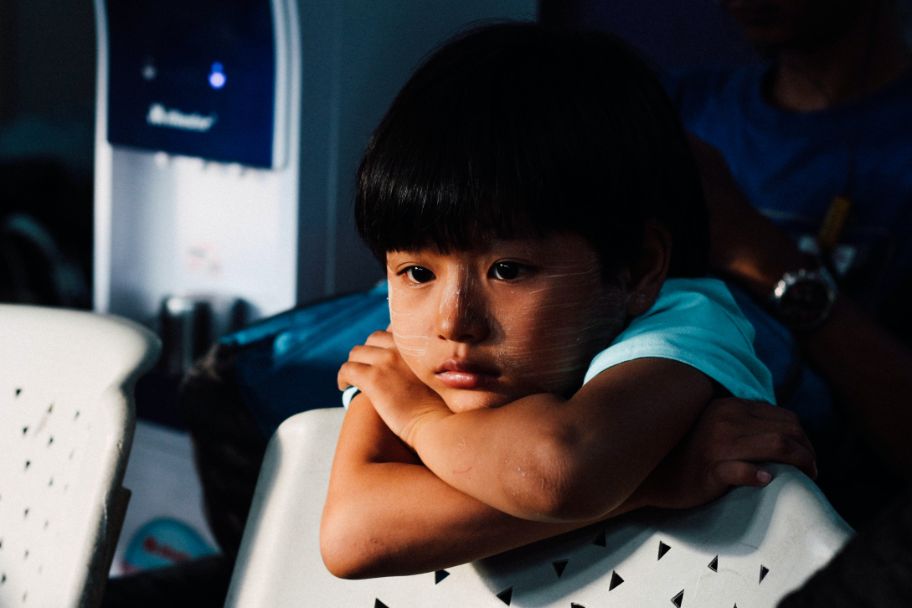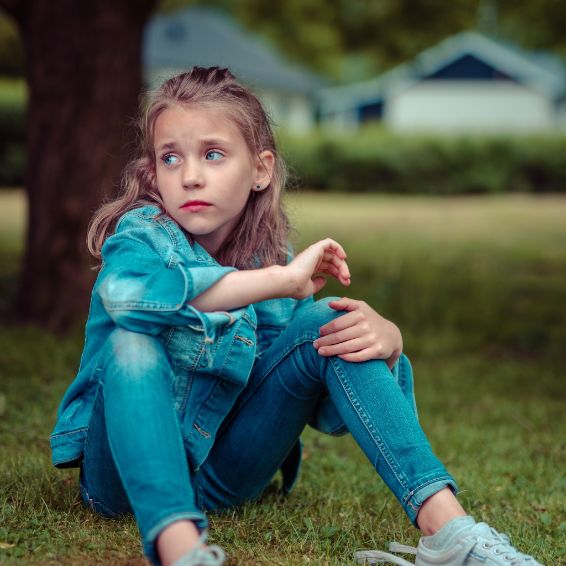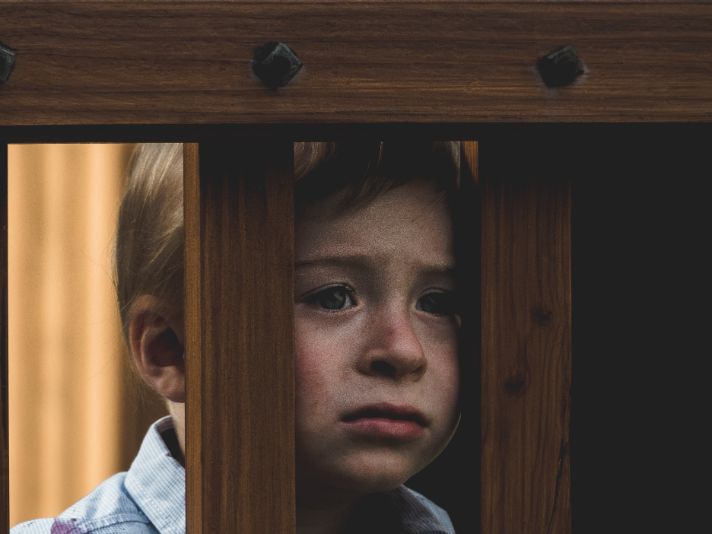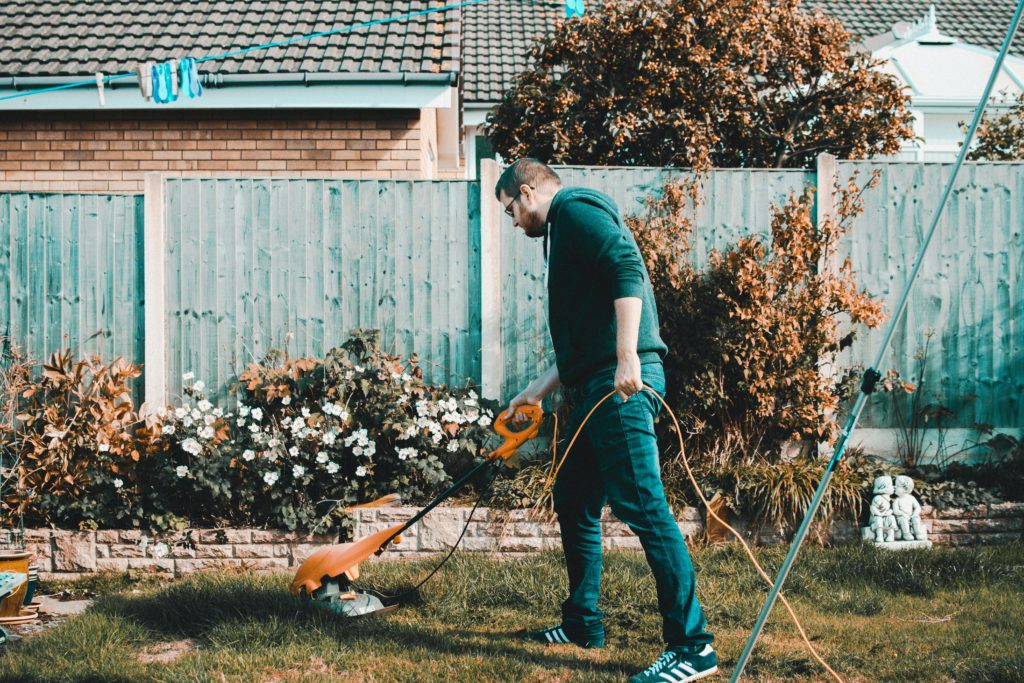Parental anxiety not only affect parents but also inadequately affects the health of children. It affects the kid’s growth and development. Children are highly sensitive to their environment. Anything they see around them, it becomes part of their personality. Parents are their protectors and guardians. Kids love their father and mother. If their parents don’t give them affection and convection, then they can’t survive in this world. Not only mental but their physical health also damages. Even during pregnancy, it causes damaging effects on fetus growth.
What are the types of anxiety? Does “Parental anxiety” affect children? How to relieve your “anxiety” to protect your children? We are going to share a guide that will help you out to combat this situation.
Anxiety:
“Dread and uneasiness about what may occur” called anxiety. It is a natural body response. A person could be worried about many problems when this duration exceeds and become part of your psyche. It will be dangerous for your body.
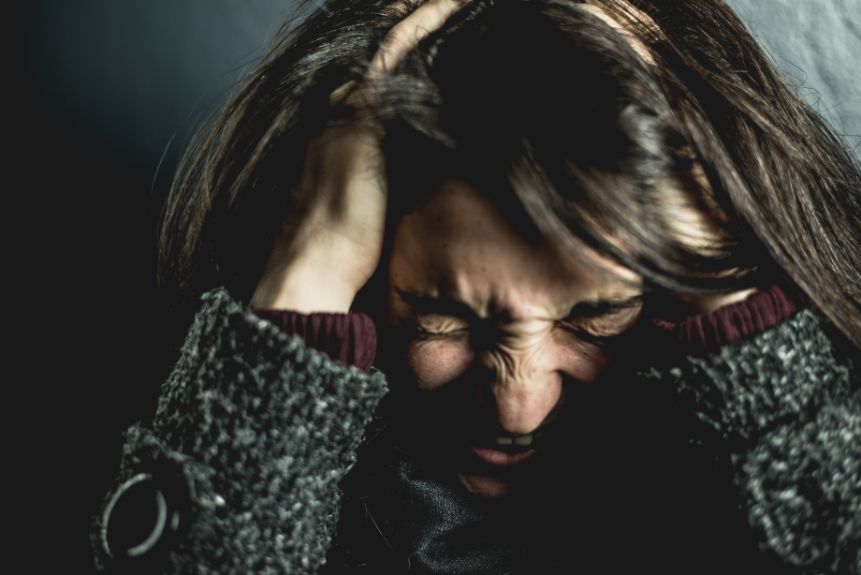
General symptoms:
- Shakiness
- Shyness
- Trouble in stomach
- Clammy hands
- Sweating
- Increased heart rate
- Redness of face
- Colour Fadness
- Fear
- Worry
- Elevated breathing rate
- Phobias
- Social distancing
- Trouble in thinking
Types of Anxiety:
There are many types of anxiety. Common among them are listed below:
1. Agoraphobia
It is a sort of nervousness issue in which you fear. Frequently maintain a strategic distance from spots or circumstances that may make you panic and cause you to feel caught, vulnerable, or humiliated.
2. Anxiety disorder due to a medical condition
It includes symptoms of intense anxiety or panic that are directly caused by a physical health problem.
3. Generalized anxiety disorder
Steady and extreme nervousness and stress over exercises or occasions. Even standard at the routine issues. The concern messed up with regards to the real condition is hard to control and influence how you feel in actual. It regularly happens alongside other tension issues or melancholy.
4. Panic disorder
It occurs when you experience repeating unpredicted panic attacks. Panic attacks “abrupt rush of extreme terror or distress” these feelings are at a peak within minutes. Individuals with the disorder live in dread of having a fit of anxiety. You might be having a fit of anxiety when you feel abrupt, overpowering fear that has no undeniable reason. You may encounter physical manifestations, for example, a hustling heart, breathing troubles, and sweating.
5. Selective mutism
It is a steady disappointment of kids to talk in specific circumstances. For example, school, in any event, when they can communicate in different situations. Even at home with close relatives. Majorly related to school, work, and social working.
6. Separation anxiety disorder
It is a youth issue portrayed by an uneasiness that is outrageous for the kid’s teenage level. It is associated with partition from guardians or other people who have parental jobs.
7. Social phobia
It includes significant levels of nervousness, dread, and evasion of social circumstances. It happens because of sentiments of shame, reluctance, and worries about being judged or seen adversely by others.
8. Specific phobias
These are described by significant tension when you’re facing a particular item or circumstance. Additionally, a desire to maintain a strategic distance from it. Fears influence alarm attacks that are associated with specific individuals.
9. Substance-induced anxiety disorder
This situation expresses by side effects of exceptional nervousness or madness that is an immediate consequence of abusing drugs, taking prescriptions, being presented to a harmful substance, or withdrawal from drugs.
Causes of anxiety:
- Workload
- Stress-related to income
- Having not a healthy relating with your life-partner
- Emotional trauma
- Reaction of medication
- Drug addiction
- Violence
- Abuse
- Genetics (Inherited via defective genes)
- Any change in brain chemicals (neurotransmitters)
- Fear of boss
- Judgment fear
- Life threats
- Personal insecurities
These situations trigger the fight-or-flight response. The body feels a danger from the surrounding. It starts preparing the chemicals to cope with this threat. It results in anxiety symptoms. During parental anxiety situations, children can’t understand their behavior. Later on, this uncertainty becomes part of their habits.
During fetal developmental stages, when a mother is facing continuous stress and anxiety, their effects are visible with a children’s behavior. Genes and other environmental factors are the primary drivers of anxiety and depression. They result in madness, shyness, difficulty in the learning process, etc.
Common fears of parents:
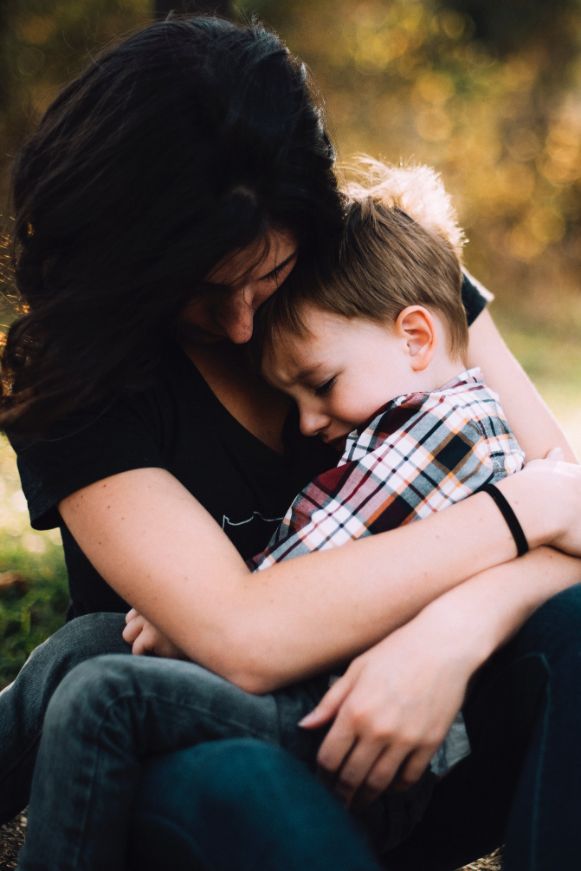
According to new research, parents spend 37 hours per week in worrying about their children. On average, the parental anxiety duration is 18 minutes each day only for kids. 59% lost sleep at night because of parental anxiety. They are worried about children’s:
- Security
- Health
- Use of social media
- Torture and bullying by other kids or persons
- Grade stress
- Future plannings and their longing for their execution
- Children must show good manners
- Behavior of children
- Worried when they can’t understand their kids
- Fear for the protection of being judged
- Parents are very concerned about why their children are not eating?
- Excessive hangout
Statistics of parental anxiety (A survey conducted in America in the collaboration with Lice Clinics of America)
| Cause of parental anxiety | Percentage |
| Safety | 48 |
| Happiness | 44 |
| Fear of facing bully | 43 |
| Mental presence in class | 41 |
| Grades | 39 |
| Adjustment with others | 36 |
| Eating routine | 30 |
| Ability of making friends | 27 |
| Cleanliness | 27 |
| Worried about not being injured | 41 |
| Anxiety about hurt | 40 |
| Lice attack | 36 |
| Flu fear | 27 |
| Sprine in finger | 31 |
| Parental anxiety about Allergic reaction in their children | 29 |
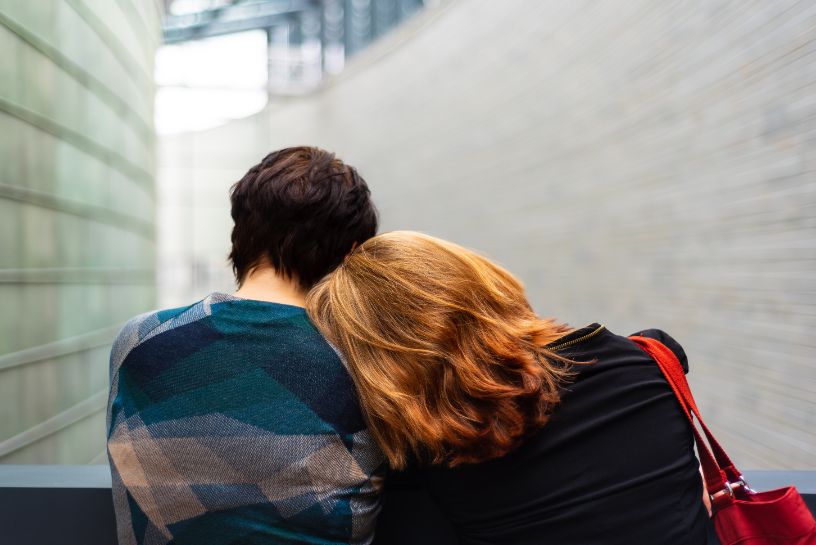
Impact of parental anxiety on the physical and mental health of children:
Poor parenting results in infer learning, behavior development, and communication skills. The effects of parental anxiety on children are:
- Poor physical health
- If the mother faces depression during pregnancy, then the infant need extra medical care due to poor health
- Low birth weight
- Premature birth chances
- Miscarriages
- Changes in the brain structure thus alter the functioning of various biological systems
- Poor health caused by parental anxiety can lead to accidents
- Childhood asthma
- Bowel issues
- Abdominal pain
- Headache
- Urination on bed
- Facing nightmares
- Drug addiction
- Nicotine dependence
- Aggression
- Self-blaming on every circumstance
- Low academic performance
- Negative behavior
- Highly emotional kids
- Defective cortical activity (involves responses, in some cases language)
- Psychopathology (mental disorders which lead to abnormal behavior)
- Insecurity
- Social disconnection
- Lackness of self-confidence
- Split personality disorder
- Highly suspectable to anxiety/panic attacks
- Early aldosterone
- Lethargy
- Sleep disturbance
- Obesity
- Eating disorder
Ways to reduce your anxiety for the protection of your child
- Exercise: Exercise reduces the stress hormone level, improves sleep, and reduces stress.
- Lemon balm: It has a relaxing effect, belongs to the mint family
- Omega 3-supplements: Reduces the anxiety level up to 20%
- Green tea: Has antioxidant capability, thus reduces anxiety
- Scented candles: Calming scents are produced by burning them, reduce the depression, anxiety, and stress
- Essential oils: Sweet smells of essential oils (Rose, lavender, orange blossom, and many more) are very relaxing
- Reduce caffeine intake: Excessive use of caffeine results in anxiety
- Writing: Try to write about your problems. it helps you to control your anger
- Chewing gum: In some peoples chewing bubble gum reduces stress
- Spending time with family and friends: When you are happy, your body releases oxytocin. This hormone reduces stress and anxiety
- Yoga: Reduces stress hormones and additionally lowers the blood pressure
- Listen to music
- Deep breathing exercise
- Gardening
- Painting
- Eat healthy food
Author’s insight:
Parental anxiety, not restricted to himself/herself at the same time affects children. There are many factors of anxiety and depression. It includes socioeconomic status, genetics, tragedic life event, etc. During pregnancy, if the mother is in stress, her baby will suffer a lot. After birth during kids’ growth year, father and mother misbehavior cast a negative impression on them. When these kids become parents, they also harm with their kin.
So, find a way to reduce your anxiety. Explore your kids’ feelings. Try to spend quality time with your children and partner. Appreciate your kids and support them. If you are a permanent victim of anxiety, consult a specialist. Attend the psychotherapist sessions.




















